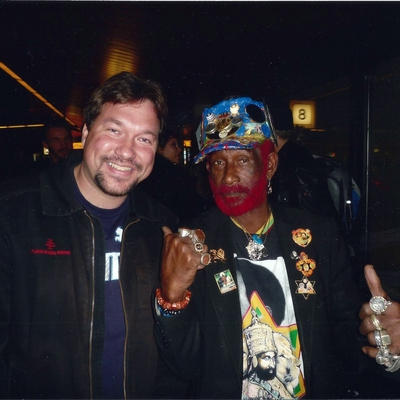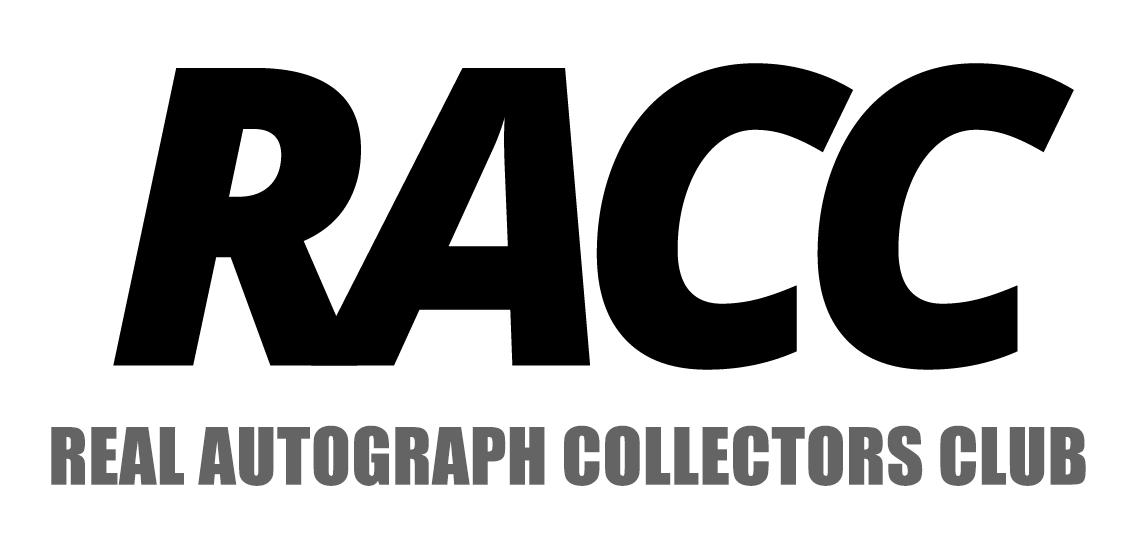Lee Scratch Perry Biography
- Home /
- Lee Scratch Perry /
- Biography

- Born March 20, 1936
Perry was born in Kendal in the parish of Hanover, the third child of Ina Davis and Henry Perry. His mother had strong African traditions originating from her Yoruba ancestry that she passed on to her son. He later moved to Kingston where he apprenticed at Studio One.\n', '
Perry\'s musical career began in the late 1950s as a record seller for Clement Coxsone Dodd\'s sound system. As his sometimes turbulent relationship with Dodd developed, he found himself performing a variety of important tasks at Dodd\'s Studio One hit factory, going on to record nearly thirty songs for the label. Disagreements between the pair due to personality and financial conflicts led him to leave the studio and seek new musical outlets. He soon found a new home at Joe Gibbs\'s Amalgamated Records.\n', '
Working with Gibbs, Perry continued his recording career but, once again, financial problems caused conflict. Perry broke ranks with Gibbs and formed his own label, Upsetter Records, in 1968. His first major single "People Funny Boy", which was an insult directed at Gibbs, sold well with 60,000 copies sold in Jamaica alone. It is notable for its innovative use of a sample (a crying baby) as well as a fast, chugging beat that would soon become identifiable as "reggae" (the new kind of sound which was given the name "Steppers"). Similarly his acrimonious 1967 single as Lee "King" Perry, "Run for Cover", was likewise aimed at Sir Coxsone. From 1968 until 1972 he worked with his studio band The Upsetters. During the 1970s Perry released numerous recordings on a variety of record labels that he controlled, and many of his songs were popular in both Jamaica and the United Kingdom. He soon became known for his innovative production techniques as well as his eccentric character. In 1970 Perry produced and released The Wailers track "Mr Brown" (1970) with its unusual use of studio effects and eerie opening highlighting his unique approach to production.\n', '
Return to Lee Scratch Perry Autograph Profile
Stats
Join the RACC Facebook Group!
The Real Autograph Collectors Club (RACC) on Facebook is the largest community of in person autograph collectors and fans in the world, with 25,000 members and growing!
When you click on links to various merchants on this site and make a purchase, this can result in this site earning a commission. Affiliate programs and affiliations include, but are not limited to, the eBay Partner Network.
Useful Links
WORLDWIDE RACC (Our Top Cities)
New York, NY
USA
Los Angeles, CA
USA
London
United Kingdom
Chicago, IL
USA
Toronto, ON
Canada


